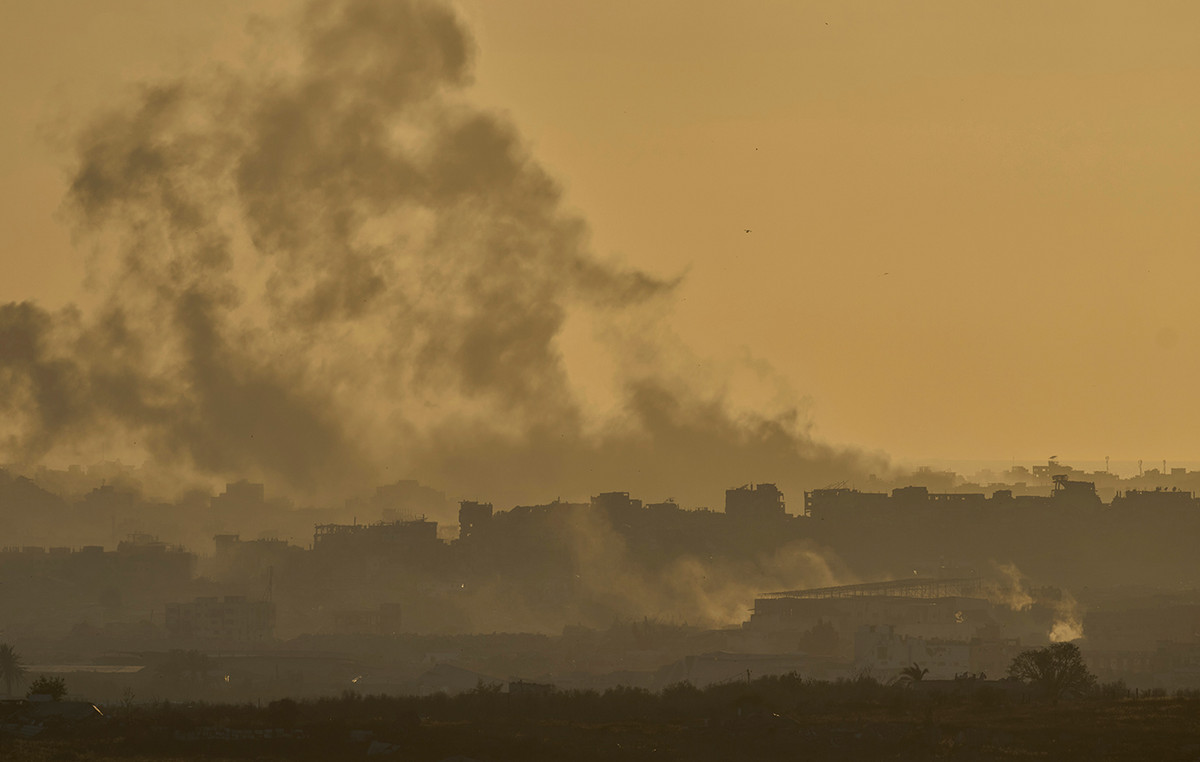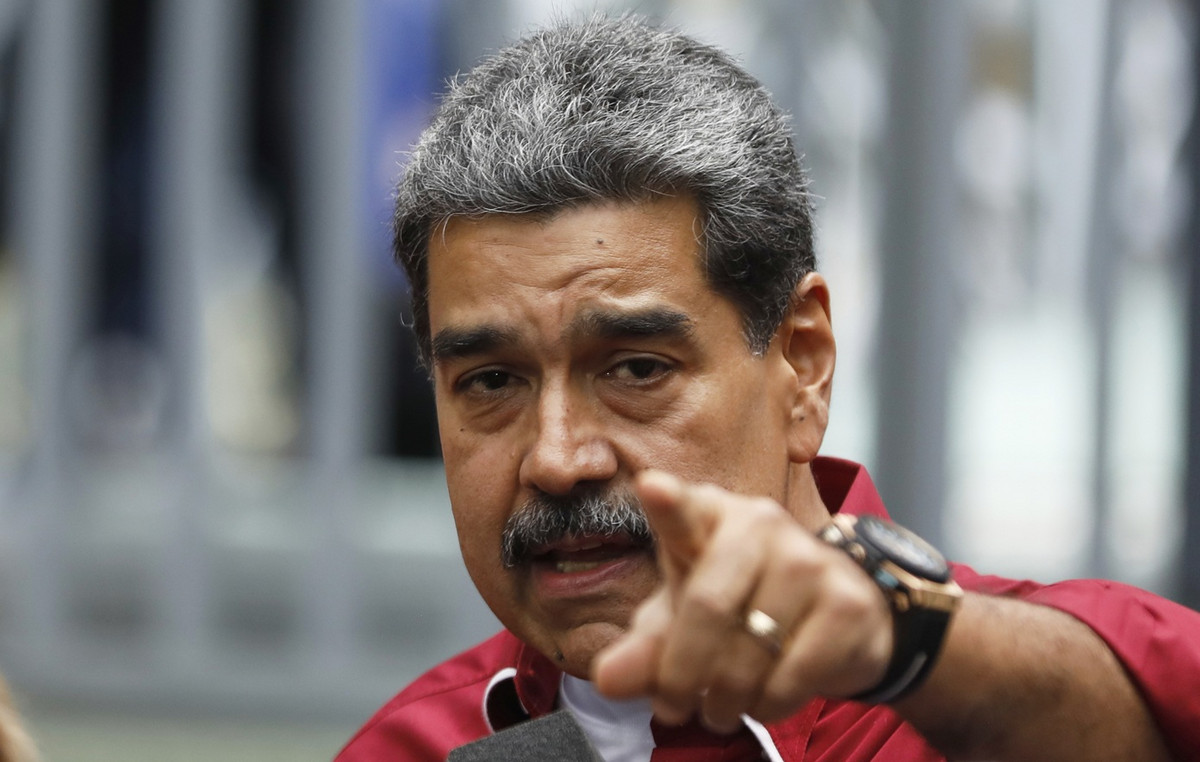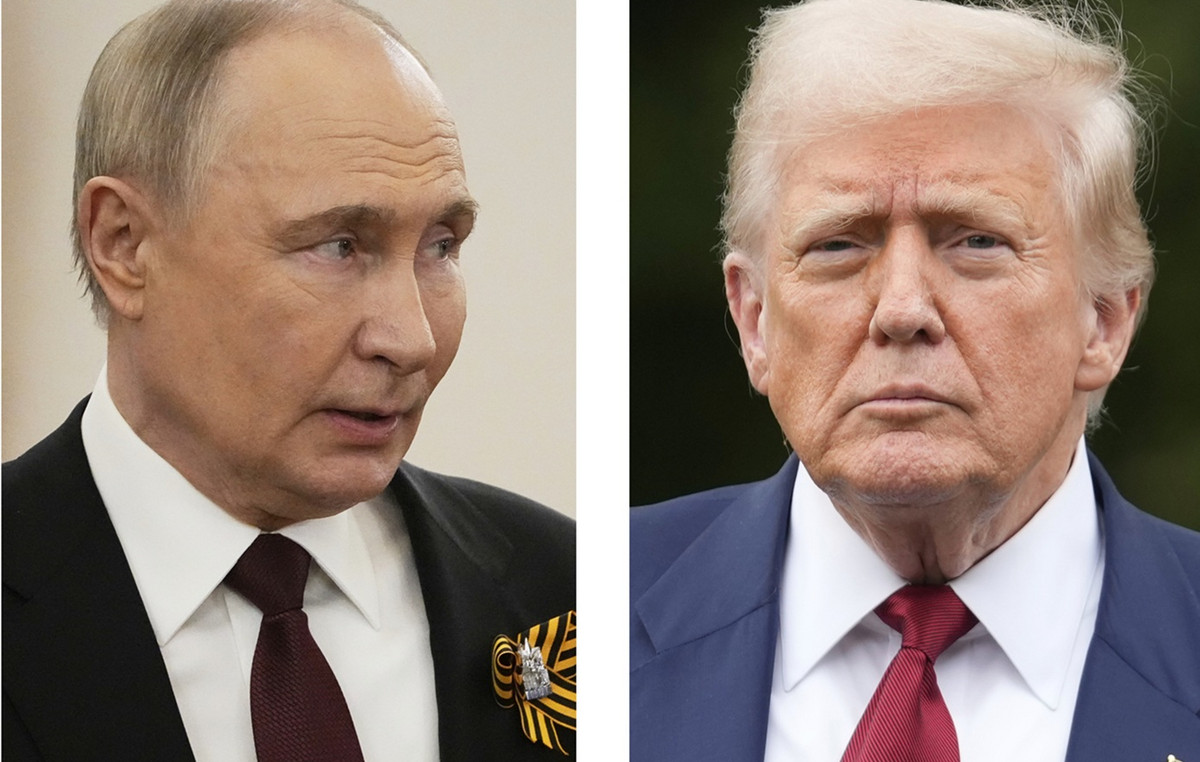The Oswaldo Cruz Foundation (Fiocruz) issued an alert this Wednesday (10th) about the recent resurgence of serotype 3 of the dengue virus in Brazil. There are four known types of the dengue virus, transmitted by mosquitoes. Aedes aegyptiwhich are associated with seasonal epidemics over time.
According to Fiocruz, this specific type has not caused epidemics in the country for over 15 years. However, a study coordinated by scientists from the Oswaldo Cruz Institute (IOC/Fiocruz) and the Leônidas and Maria Deane Institute (Fiocruz Amazônia) reveals four cases of infection related to this serotype, registered this year in Roraima, in the North region, and in the Paraná, in the south of the country.
The researchers warn that the circulation of a serotype that has been absent for a significant time represents a concern about the possibility of new epidemics in Brazil.
“In this study, we carried out the genetic characterization of cases of infection by serotype 3 of the dengue virus. It is an indication that we may once again have, perhaps not now, but in the coming months or years, epidemics caused by this serotype”, explains virologist Felipe Naveca, a researcher at Fiocruz Amazônia and the Laboratory of Arboviruses and Hemorrhagic Viruses at the IOC, in communicated.
Analysis details
The results of the study were published in preprint format, without peer review, and the research was submitted for publication in a scientific journal. Specialists from the Public Health Central Laboratories (Lacens) in Roraima and Paraná, and from several other research institutions, participated in the analysis.
The study points out that the detected lineage was introduced in the Americas from Asia, between the years 2018 and 2020, probably from the Caribbean, as researcher Felipe Naveca explains.
“The serotype 3 strain that we detected is not the same that circulated in the Americas and caused epidemics in Brazil in the early 2000s. Our results showed that there was a new introduction of genotype III of serotype 3 of the dengue virus in the Americas, coming from from Asia. This strain is circulating in Central America and has recently also infected people in the United States. Now, we have identified that it arrived in Brazil”, reports Naveca.
Of the four cases analyzed, three refer to indigenous infections from Roraima, from patients who became infected in the state and had no travel history. The case in Paraná was imported, diagnosed in an individual coming from Suriname.
According to the study, the cases were initially identified by the Lacens of Roraima and Paraná, respectively. The samples were also analyzed by the Evandro Chagas Institute, in Pará, and by the Centers for Disease Control and Prevention (CDC), in the United States.
“It was teams from the CDC in Puerto Rico and the Florida Department of Health who identified the cases coming from Cuba and the US. Thus, this is a valid alert not only for Brazil, but for the entire region of the Americas. Bearing in mind that we are experiencing a large number of cases of arboviruses this year in Brazil, the detection of a new serotype of the dengue virus is not good news”, said the researcher.
The dengue virus has four serotypes. Infection by one of them generates immunity against the same serotype, but it is possible to contract dengue again if there is contact with a different serotype.
According to Fiocruz, the risk of an epidemic with the return of serotype 3 occurs because of the low immunity of the population, since few people have contracted this virus since the last epidemics recorded in the early 2000s. severe dengue, which occurs more frequently in people who have already had the disease and are infected again by another serotype.
The research was supported by the State of Amazonas Research Support Foundation (Fapeam); the Amazonas Genomic Health Surveillance Network; the Fiocruz Genomic Network; Inova Fiocruz (Amazon Innovation); the Department of Science and Technology (Decit) of the Brazilian Ministry of Health; the National Council for Scientific and Technological Development (CNPq); and the Research Support Foundation of the State of Rio de Janeiro (Faperj).
Source: CNN Brasil
I am an experienced journalist and writer with a career in the news industry. My focus is on covering Top News stories for World Stock Market, where I provide comprehensive analysis and commentary on markets around the world. I have expertise in writing both long-form articles and shorter pieces that deliver timely, relevant updates to readers.







